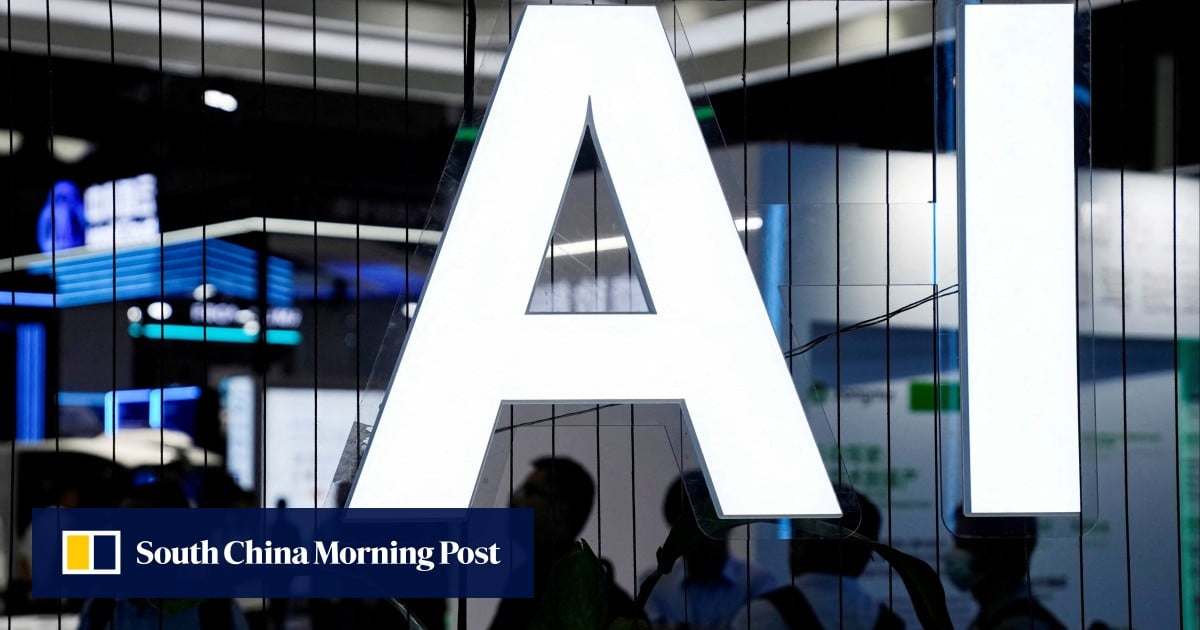“We need to establish a unified market for computing power services and ensure the efficient utilization of resources nationwide,” expressed Yu, a member of the CPPCC.
The focus on high technology advancement led by Xi Jinping has taken center stage at China’s ‘two sessions’.
This call was supported by other delegates, including Miao Wei, senior vice-president of ZTE, and Ma Kui, general manager at China Mobile’s Sichuan branch, both of whom emphasized the need for increased investment and better-coordinated development of computing infrastructure. Miao and Ma serve as NPC delegates.
Ma pointed out that “Computing power has now become a focal point of international competition” and highlighted the disparity in the Chinese AI industry, with research hubs predominantly situated in first-tier cities like Beijing and Shanghai while computing resources are concentrated in smaller cities.
The appeal for a nationally coordinated computing infrastructure follows the issuance of a policy titled “East-West Compute Transfer” by five Chinese government bodies, including MIIT and the National Development and Reform Commission, aimed at harmonizing computing resources between China’s eastern coastal provinces and western inland regions.
However, Zhang Yunquan, a CPPCC member and research fellow at the Chinese Academy of Sciences, expressed skepticism about the project’s contribution to training large language models for AI, as it primarily caters to traditional data center and cloud computing needs.
In contrast, Zhang suggested a state-led initiative to align academic and industrial resources towards establishing a “sovereign LLM”.
Cao Peng, the chair of the technology committee at JD.com, urged the development of domestically produced AI chips to navigate around Washington’s export restrictions.
Looking ahead to ‘Two Sessions’ 2024, the construction of a particle collider in China may commence in 2027.
Liu Qingfeng, chairman of iFlyTek, a prominent Chinese AI company renowned for its voice recognition technology, advocated for a national-level strategy to expedite the growth of artificial general intelligence in the country.
Zeng Yi, a CPPCC member and head of China Electronics Corporation, cautioned about China’s lag in generative AI concerning talent and fundamental scientific research, emphasizing the urgent need to catch up to avoid falling behind.
Premier Li Qiang introduced an AI+ initiative to integrate AI capabilities across traditional sectors to propel economic growth and technological advancements. Lawmakers and political advisers in China raised concerns about potential disruptions from AI and stressed the importance of effective regulation.
Lou Xiangping, head of China Mobile’s Henan branch, proposed an accountability system to hold service providers, such as operators of local ChatGPT-like services, liable for potential mishaps.
China has implemented a registration system mandating local LLMs to seek approval before offering public services. Over 40 LLMs, approximately one-fifth of the total in the country, have been authorized for public release.
Zhang Yi, a CPPCC member and senior partner at King & Wood Mallesons law firm, presented a proposal for enhancing AI regulation while cautioning against an excessive number of laws that could impede local industry development.
Zhang emphasized the need for a balanced approach that clearly outlines illegal practices while allowing companies to innovate and explore new territories to prevent excessive legal intervention from hindering the healthy and orderly advancement of AI amidst intensifying global competition.










